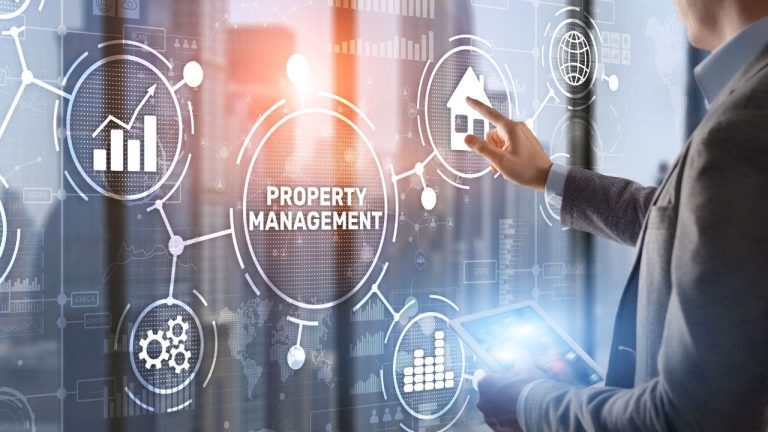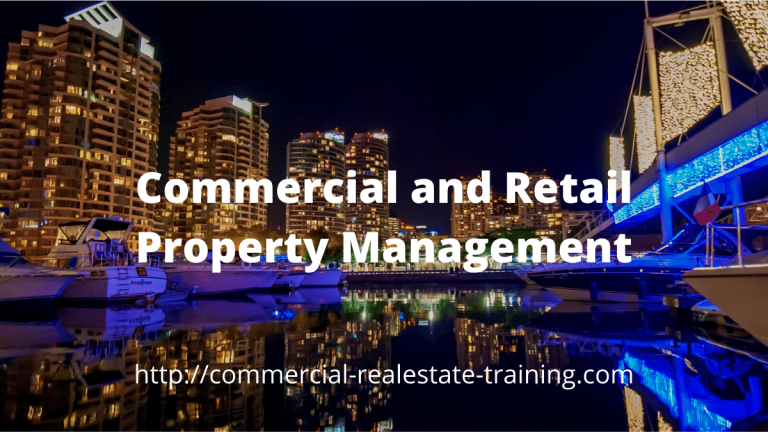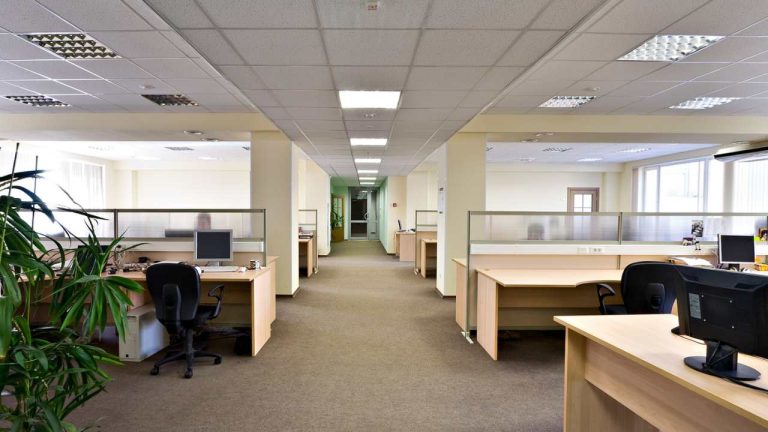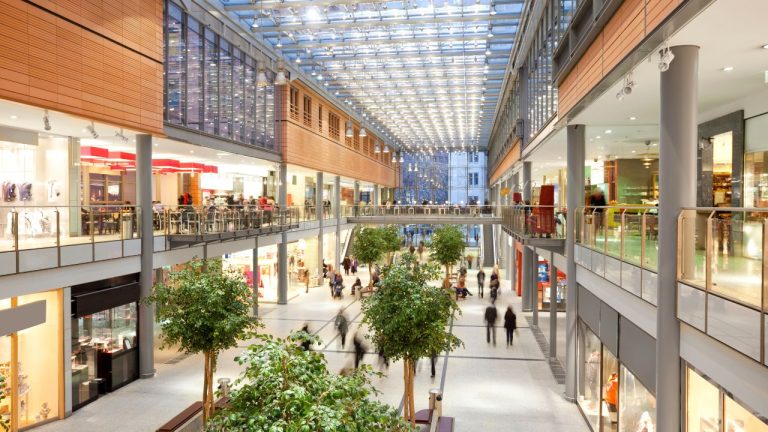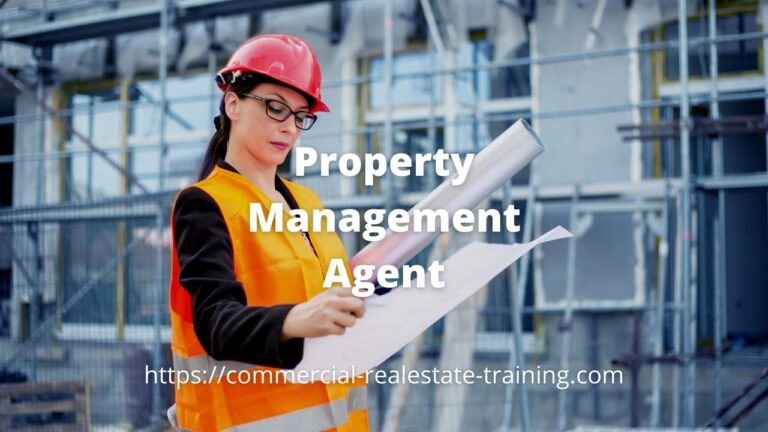A Blueprint for a High Quality Commercial Property Management Budget
When you manage large commercial or retail buildings there are many important issues to consider as part of creating the annual property management budgets. A good budget process will give you a reasonable level of asset control and help you with property decisions through the year.
Your clients as landlords need to see what you are tracking, and what you are recommending for the investment(s) over time. They can then make informed decisions and move on with any asset and it’s potential.
What’s in the process?
Many things come together to make a budget process. For example consider these base elements for starters:
- Building function
- Tenant mix
- Property improvements
- Maintenance requirements
- Age of the asset
- Lease documentation
- Property Market factors
So when you take these elements, you can open them up into important factors to set and track in your property performance budget.
Set the base categories to get started
Here are some of the main headings for that assessment so you can get that budget process started:
- Income – The rent and cash flow you generate from the property will always be at the top of the list and the analysis. You cannot do much with any property without the income flowing. Understand all elements of the rental income so that you can capture it in a timed budget cash flow. The main headings to watch will be base rent, outgoings recovery, consumables recovery (electricity, gas, water, cleaning, etc.), and any special licence fees and or occupancy charges for particular tenants. Split your income categories up into codes where you can track the elements of rental return on a tenant by tenant basis. Each code should have a budget applied.
- Expenditure – How are you spending money in the property now? Know what the property history is in all expenditure activities; that will include rates and taxes, insurances, energy, fire safety, lifts, cleaning, etc. Look at the codes and categories of expenditure. Question all issues and make sure that they are valid before you do a budget assessment.
- Capital expenditure – Remove capital expenditure from the ordinary building expenditure as capital items are normally large by amount, and therefore handled differently from a taxation perspective. Consult with your local tax experts on that in your local area.
- Lease documentation – To predict cash flow movements you will need to do a full review of all leases in an asset. The lease factors will set the flow of rental in the building and most leases will be unique and different. Understand the occupancy facts, the timings of rent reviews, options, and recoveries.
- Tenant mix and vacancy factors – Understand the current tenants in occupancy, and then look for vacancy weaknesses. You will need to set a vacancy allowance in your building budget and determine some income expectations.
- Age of the asset – The property and its age will place pressure on regular and special maintenance, and those issues will flow through to expenditure activities and the timing of required works.
So this is most of the base data you will need to get your property budget up and running. Lots of questions and investigations will then arise when you delve into information. Keep your notes as you review things, and investigate everything fully before you go to the client (landlord) with your budget strategies.
You can get more commercial property management tips and ideas in our eCourse ‘Snapshot’ right here.

